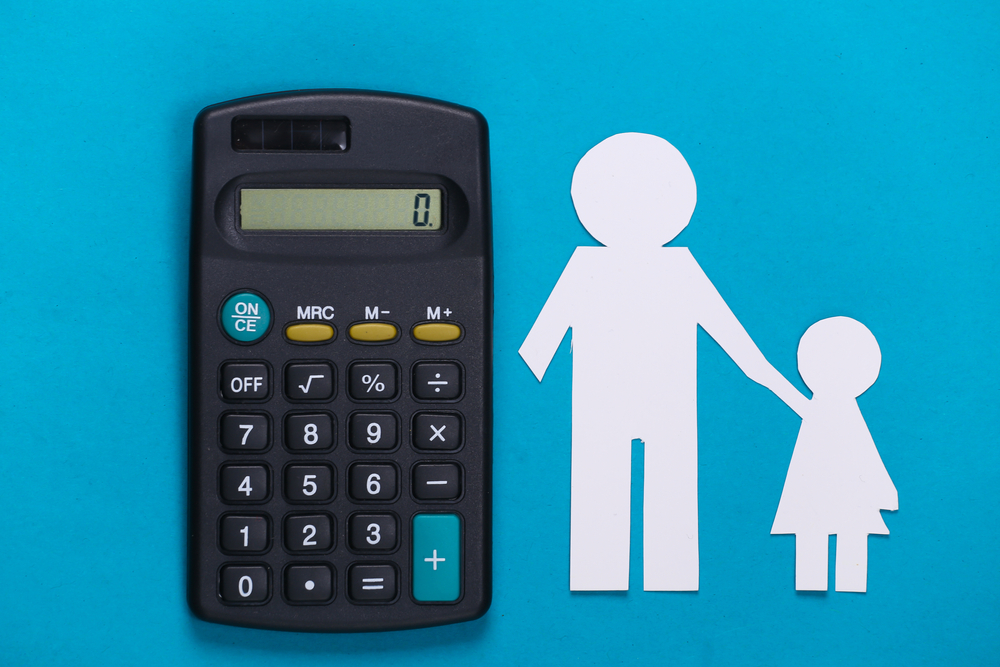

Inflation, Cost of Living Adjustments, and Modifying Child Support Payments
The custodial parent, or the person living with the children, must provide for their basic needs. Sometimes, the person with primary physical custody doesn’t have the financial means to care for their kids. They can’t afford to pay for school, clothes, utilities, and daily living expenses. That’s when child support might be necessary.
Child support involves one parent issuing payments to the other to cover expenses for the children, such as education, healthcare, housing, and food. Discussing which party will make payments and the amount and duration of child support is crucial during the divorce process. If a divorcing couple’s financial standing is unequal, it makes sense for one person to pay the other for the cost of providing for their kids.
Unfortunately, inflation is a reality many people must face. The cost of living goes up, but a person’s income doesn’t. Despite more expensive bills, the money a person brings in each month remains the same. This can impact child support payments significantly. You should consider petitioning the court for a modification on whether you’re receiving or paying child support.
When Can Child Support Agreements Be Modified?
At least 36 months must pass since the last child support order review before you can request a modification. You can ask the Friend of the Court to look at your current order to determine whether it’s eligible for changes. If they agree the situation justifies a modification order, they can ask the court to make adjustments. You must file your request with the appropriate court to proceed with your legal action.
If three years haven’t passed and you’re requesting a change to a child support agreement, you must have proof of a significant change in circumstances, such as:
- The child turns 18 years old and doesn’t require financial support anymore
- Either parent loses their job
- One parent experiences a substantial pay cut or raise
- The cost of child care increases
- Either parent pays for the child’s healthcare
- Prior custody arrangements have changed
- The child has increased or additional needs, such as from a disability or illness
- The child graduates from high school
Whether you provide child support payments or receive them from your ex, you might have to show the court evidence of your financial standing. The court typically asks for a copy of a W-2, pay stubs, and other documentation.
How Inflation Affects Cost of Living
The amount of money someone must have to pay for their basic needs is the “cost of living.” Typically, a person’s cost of living depends on their income. Common expenses covered by the cost of living include:
- Rent or mortgage
- Transportation
- Food
- Healthcare
- Family needs, such as education and childcare
- Miscellaneous costs, such as taxes, household supplies, and clothing
If your income is higher than your expenses, you shouldn’t have an issue affording your bills. However, when inflation occurs, the cost of living increases. Inflation causes prices of various items to go up due to a decline in the value of a dollar.
During inflation, you likely can’t afford the lifestyle you had before. If your ex pays you child support every month, but your monthly expenses have increased, you need higher payments to cover the excess costs.
How Often Can I Ask that the Child Support Agreement Be Modified?
The Friend of the Court can review your child support order every three years if you request it. You cannot ask for a modification before thirty-six months have passed unless you can prove a change in circumstances occurred.
How We Can Help
Mihelich & Kavanaugh, PLC has represented clients in Macomb County, MI, for more than 60 years. Our experienced child support attorneys will be ready to advocate for your rights and fight to protect your interests. When you’re dealing with complex legal matters such as child support, you need an experienced and dedicated team by your side.
If you want to modify your child support agreement, call us at 586-884-6562 for a free consultation.







